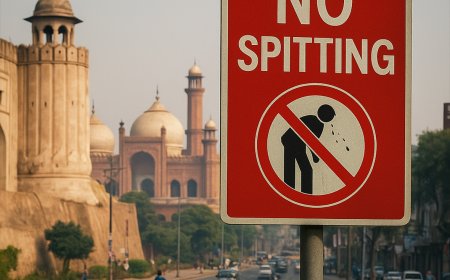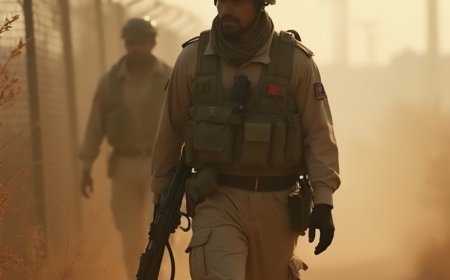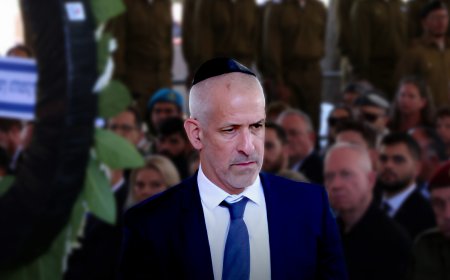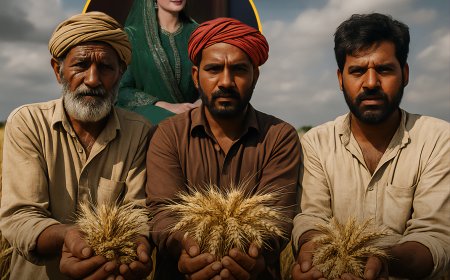Blood for Honour, Pakistani Women Face Unyielding Violence in 2024
In 2024, the grim reality of honour-based violence continues to overshadow the lives of countless women in Pakistan.
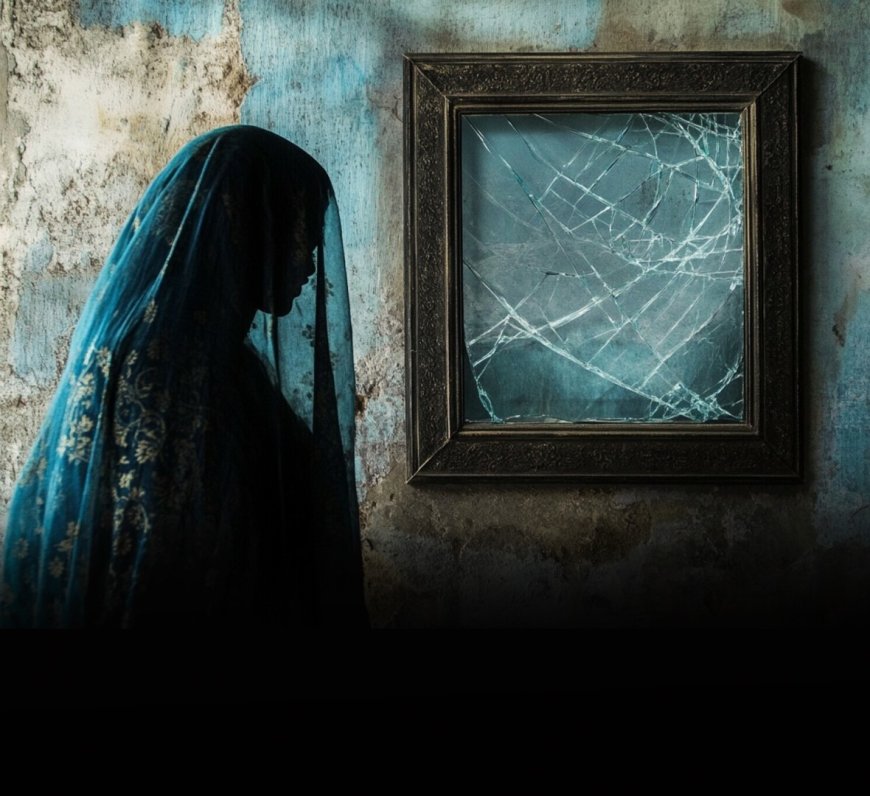
In 2024, the grim reality of honour-based violence continues to overshadow the lives of countless women in Pakistan. Despite decades of advocacy and legislative reforms, crimes committed in the name of preserving family honour remain pervasive, reflecting a deep societal failure to protect its most vulnerable members.
From remote villages to bustling cities, women in Pakistan face unyielding violence for seeking independence, choosing their partners, or defying rigid patriarchal traditions. These acts of brutality are often carried out by close family members—fathers, brothers, or husbands—under the guise of maintaining family reputation. In many cases, these so-called “honour killings” are nothing more than premeditated murders, but perpetrators frequently escape justice due to societal pressures, weak law enforcement, and systemic failures.
A Persistent Crisis
Reports indicate that hundreds of women fall victim to honour killings in Pakistan each year. According to the Human Rights Commission of Pakistan, the actual numbers are likely higher due to underreporting, as families often conspire to conceal such crimes. Women are punished for reasons as trivial as talking to a man, refusing an arranged marriage, or choosing to divorce.
Even with the introduction of the Anti-Honour Killing Laws, which were amended in 2016 to eliminate legal loopholes allowing family members to forgive the perpetrators, implementation remains a significant challenge. Many cases are dismissed due to insufficient evidence or societal reluctance to prosecute family members.
“Honour killings are not just a legal failure—they are a symptom of deeply ingrained gender inequality and cultural norms that prioritize family reputation over the lives of women,” said Shahnaz Bibi, a women’s rights activist based in Lahore.
The Struggle for Justice
Headlines like “Blood for Honour: Pakistani Women Face Unyielding Violence in 2024” and “The Price of Defying Tradition: Honour Killings Continue to Haunt Pakistan’s Women” highlight the ongoing crisis. Despite legal reforms, such as the Anti-Honour Killing Laws, the deadly tradition persists, often with impunity.
Legal experts argue that while Pakistan has laws aimed at combating honour killings, their enforcement remains woefully inadequate. The lack of witness protection, combined with societal stigma, discourages victims’ families and communities from pursuing justice.
In one widely reported case, 23-year-old Maria from Karachi was brutally murdered by her family for eloping with a man of her choice. Despite clear evidence and public outrage, the perpetrators walked free after securing a pardon from other family members. Stories like Maria’s are all too common, perpetuating a culture of fear and silence.
A Gender Inequality Crisis
Honour-based violence is deeply tied to the systemic oppression of women in Pakistan. The United Nations Development Programme (UNDP) ranks Pakistan 142nd out of 146 countries on the Global Gender Gap Index, reflecting the country’s significant gender disparities.
Women’s rights organizations argue that addressing honour crimes requires more than just legal reforms. Comprehensive societal change is essential—one that involves educating communities, empowering women economically, and dismantling patriarchal norms that treat women as property.
“Until society begins to value women as equals and respects their autonomy, honour killings will continue to plague Pakistan,” said Farzana Tariq, founder of a Lahore-based women’s shelter.
Fighting for Change
Grassroots organizations, activists, and survivors are fighting back against this entrenched violence. Campaigns such as Aurat March (Women’s March) have brought the issue of gender-based violence into public discourse, challenging patriarchal norms and demanding accountability from the state.
International organizations have also stepped in to support local efforts. UN Women and Amnesty International continue to work with Pakistani activists to promote gender equality, provide resources for survivors, and push for stronger enforcement of existing laws.
However, meaningful change requires a collaborative effort from all sectors of society—government, civil society, media, and religious leaders. Without this collective action, the cycle of violence is likely to persist.
Conclusion
The crisis of honour-based violence in Pakistan is not just a human rights issue—it is a societal failure that demands urgent attention. While laws like the Anti-Honour Killing Act have laid the groundwork for justice, enforcement remains weak, and cultural attitudes continue to undermine progress.
As we move further into 2024, the fight for women’s safety and equality in Pakistan must remain a global priority. Women’s lives are not commodities to be sacrificed on the altar of family honour. They are individuals with rights, dreams, and the inherent dignity to live free from violence.
What's Your Reaction?







